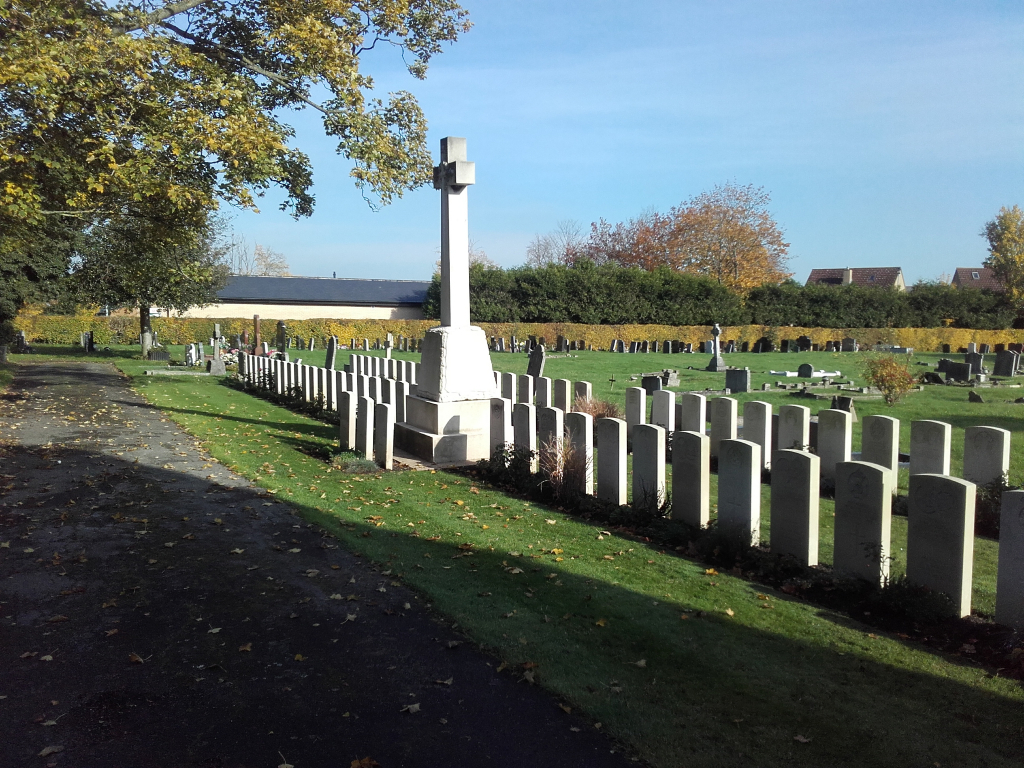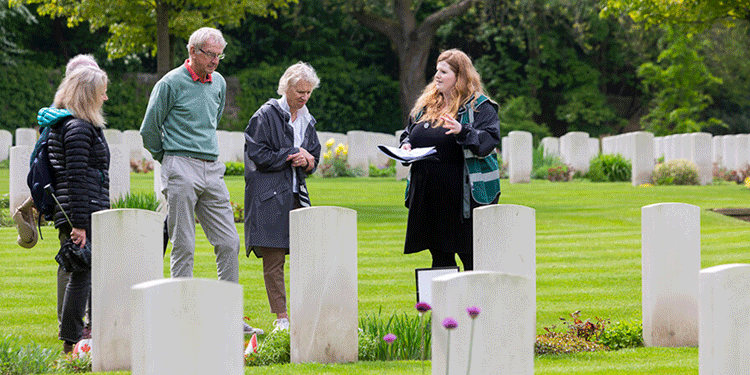
Frederick George Tucker was born on 27 December, 1890, at Watermill, in Raheny, County Dublin, Ireland. He was the youngest of six known children to William Tucker, previously a Petty Officer 2nd class, in the Royal Navy, and latterly a commissioned boatman with the Coast Guard Service, and Annie Tucker (formerly Rider). He had two brothers and three sisters: Charles William (1874); Annie Elizabeth (1878); Harriett Ellen (1880); Ernest (1881); and Mary Rosina (1887). All had been born in Ireland at various coast guard stations where their father was serving.
His father had served in the Abyssinian campaign, 1867-68, as a leading seaman in the Royal Navy, and Ernest served in the Royal Navy as leading seaman, followed by the Coast Guard as a Petty Officer, and latterly with the Shore Signal Service.
Latterly, Frederick George Tucker lived at Raheny South, at Howth, in County Dublin, Ireland.

Frederick George Tucker broke with family tradition and enlisted in the Army instead of the Royal Navy. His service record has not survived and details have had to be extrapolated from other sources.
He probably enlisted around 1908, when he would have reached 18 years of age, but may have enlisted slightly earlier. He joined the Royal Field Artillery, as a Gunner, no. 39323, and by 1911 he was serving as a 24-year-old Gunner, with the 98th Battery, at Roberts' Heights, in the Transvaal, South Africa. The battery then transferred to India, forming part of the XX Brigade.
When war broke out in August, 1914, the 98th Battery formed part of XX Brigade, in India, and returned to England, arriving at Winchester on 19 November, 1914. The 98th Battery transferred to 1 Brigade and was replaced by the 67th Battery, and the brigade re-formed at Winchester on 23 November, 1914: it proceeded to France via Southampton between 20-23 December, 1914.
Frederick George Tucker, as a Corporal, embarked for France on 20 December, 1914, as a member of the 67th Battery.
The division concentrated in the area between Aire and Arques, and saw action at St. Eloi and during the second battle of Ypres. British Army medical returns appear to show that Corporal Frederick George Tucker, whilst being a member of the 67th Battery, was actually attached to the Rawalpindi British General Hospital, which was based at Wimereux, in France.
He was admitted to the hospital suffering from malaria, which must have been a recurrence of sickness he had suffered from in the past, most probably whilst in India. He was then discharged to duty on 22 May, 1915, but then admitted again on 4 July, 1915. His condition clearly became worse and he was evacuated to England, where he was admitted to the Red Cross Hospital, at Swavesey, in Cambridgeshire.
He died from malarial fever and cardiac failure on Wednesday, 8 September, 1915. He was aged 25.
Corporal Frederick George Tucker was buried on Friday, 10 September, 1915, at Cambridge Borough Cemetery. The pall bearers were provided by members of the Royal Army Medical Corps, and a firing party and bugler were provided by members of the Essex Regiment, and the last post was sounded over the grave. His parents, his brother Ernest, and one of his sisters attended the funeral.

Corporal Frederick George Tucker lies buried in Cambridge City Cemetery, Cambridgeshire, his grave marked by a joint CWGC headstone.
Note: The CWGC spells his first name Fredrick, but all contemporary documents show it as Frederick. His name has not been identified on any local war memorial, but his is remembered in the Ireland National Roll of Honour, 1914-1918.


His service earned him the 1914-15 Star; British War Medal, 1914-20; and Victory Medal, 1914-19.

